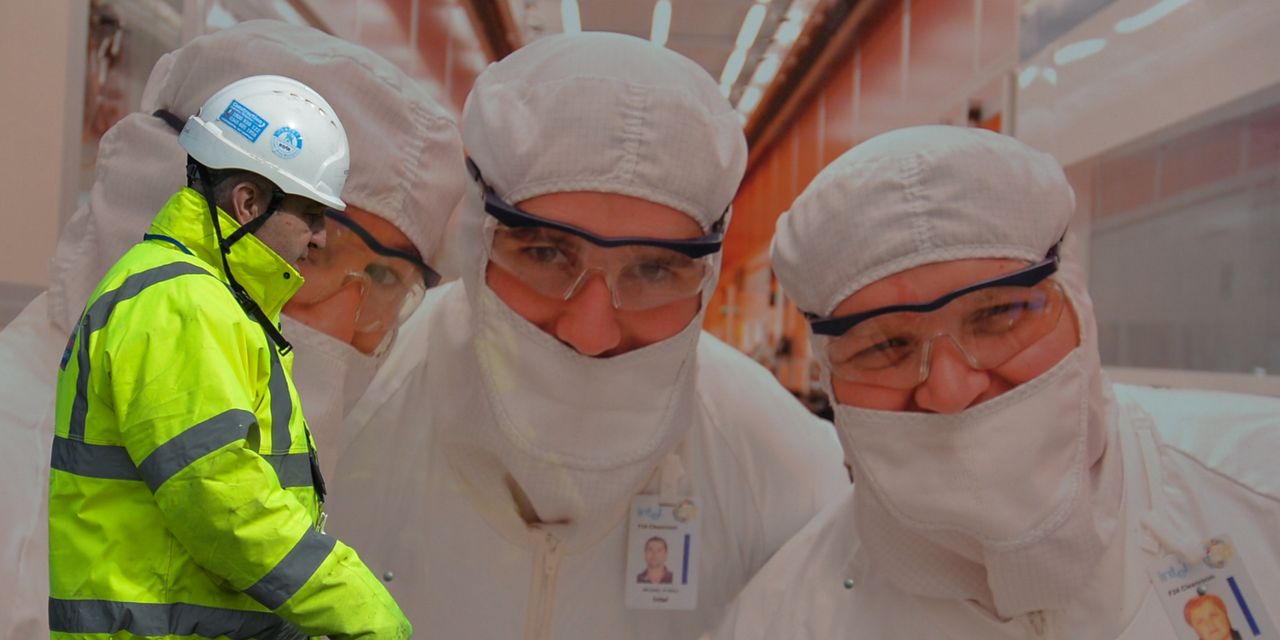Intel Corp. Chief Executive Pat Gelsinger sees the global semiconductor shortage potentially stretching into 2023, adding a leading industry voice to the growing view that the chip-supply disruptions hitting companies and consumers won’t wane soon.
The world-wide shortage has fueled rising prices for some consumer gadgets. Meanwhile, the auto industry has been particularly hard-hit as the lack of a key component causes production delays. German car maker Volkswagen AG this month warned the global shortage could worsen over the next six months. Others have said they were bracing for problems through next year.
It could take one or two years to get back to a reasonable supply-and-demand balance in the semiconductor industry, Mr. Gelsinger said in an interview after the company posted second-quarter earnings on Thursday. “We have a long way to go yet,” he said. “It just takes a long time to build [manufacturing] capacity.”
Supply shortages should start showing signs of easing later this year, Mr. Gelsinger said, echoing comments from Taiwan Semiconductor Manufacturing Co., the world’s largest contract chip maker. TSMC last week said the chip shortage that has hampered car makers could start to ease in the next few months after it ramped up its production of auto chips.
TSMC and Intel are adding new chip-production plants, though some of that capacity won’t be ready for about two more years.













































